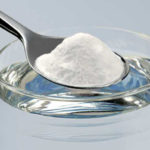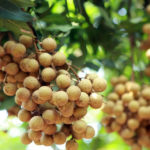Kiwi is a fruit originated from Central and Eastern China in the Song dynasty around the 12th century. By the 20th century, this type of fruit was known in New Zealand and gradually exported to many other countries and became popular with the New Zealand kiwi brand.
There are currently 2 types of kiwi on the market, yellow flesh and green flesh, so many people wonder which type is more nutritious and sweeter.
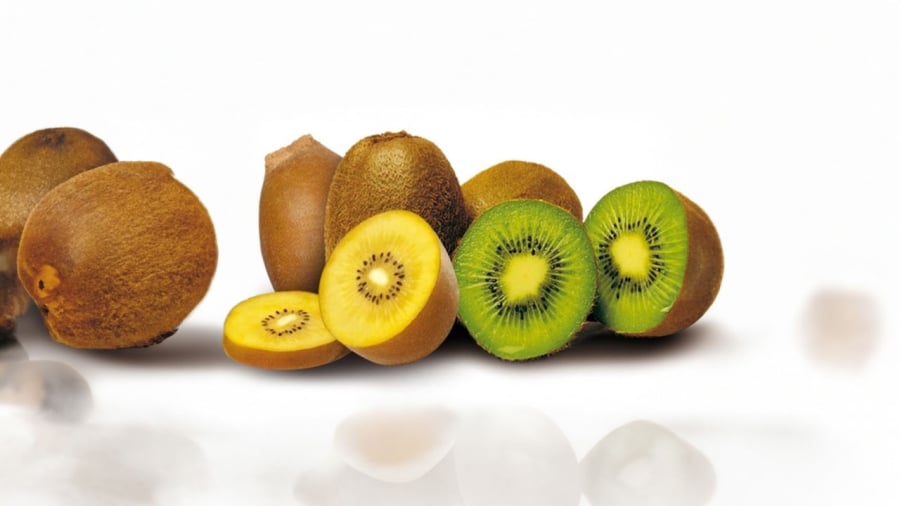
The difference between yellow and green kiwi
Yellow and green kiwi differ in appearance, color, and fruit characteristics. But do they differ in nutrition? Green kiwi is a fruit with dark brown and greenish skin, with many coarse hairs. When cut in half, the inside flesh is green with small black seeds around. Green kiwi has a refreshing and slightly sour taste, not much sweetness.
As for the yellow kiwi, the smooth skin is already visible. It has very few hairs and the skin color is bright yellow, the flesh is also yellow. Yellow kiwi has a characteristic sweet taste of tropical fruits and fewer seeds than green kiwi.
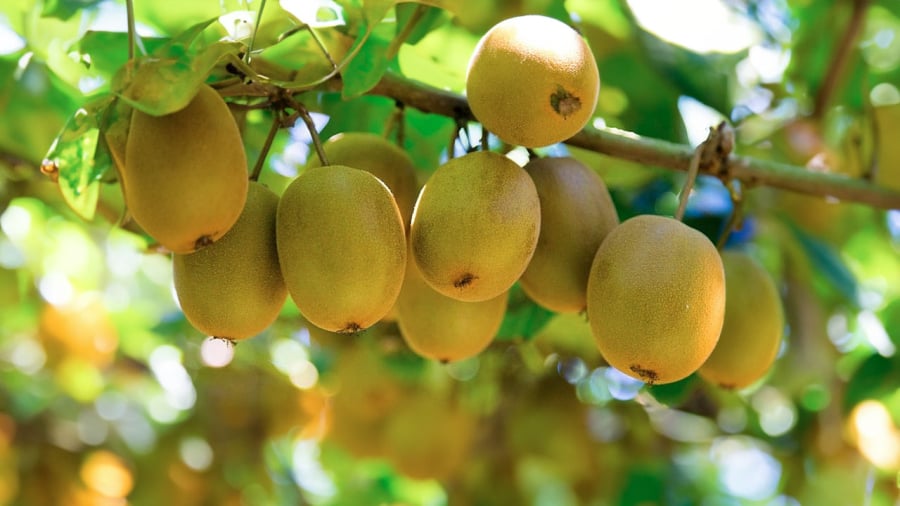
Kiwi is loved because it is rich in vitamins, especially vitamin C.
To compare, yellow kiwi is considered to have a higher vitamin C content than green kiwi. Eating a yellow-fleshed kiwi helps you absorb the necessary amount of vitamin C for a productive day.
But the fiber content in green kiwi is 1.5 times higher than that in yellow kiwi. Therefore, green kiwi has good support for bowel movements, reduces digestive problems, regulates blood sugar, creates a sense of fullness, and effectively helps control body weight.
Should I choose yellow or green kiwi?
Because of the difference in vitamin C and fiber content, the choice depends on your preference. If you need to supplement more vitamin C, you should choose the yellow-fleshed type. If you want to use kiwi for a weight loss menu or want to overcome constipation, digestive support, choose the green-fleshed type.
Usually, those who like to eat soft fruits will choose yellow fruits, while green fruits are usually firmer and less soft unless they are overripe.
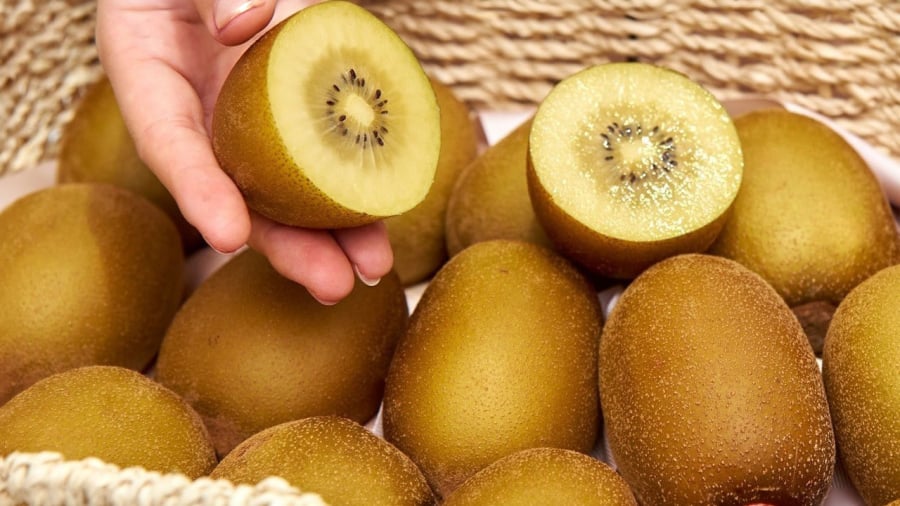
Kiwi is rich in vitamin C and E, making it a very good fruit for antioxidant activity, slowing down aging. Kiwi fruit contains a lot of serotonin, a hormone that enhances learning ability, memory, emotional regulation and appetite control, supports sleep, and enhances alertness in the morning.
The high magnesium content in kiwi is also an advantage. Each kiwi has up to 15mg of magnesium, which is essential for the nervous system and muscle function. Kiwi has more potassium than bananas, about 20%, which helps control blood pressure, reduce the risk of kidney stones, osteoporosis, and stroke.
Children eating kiwi are very good for treating coughing, difficulty breathing, and reducing coughing. Kiwi fruit also contains a lot of lutein – a type of carotenoid that can prevent age-related macular degeneration, protect the eyes from the destruction of free radicals. This is a substance that the body cannot synthesize on its own.
Kiwi has an average glycemic index so it can also be a good choice for those who need to control blood sugar. This fruit also helps maintain heart health, regulate digestion, and control cholesterol.
How to choose ripe kiwi
Remember to touch the stem: Press the kiwi stem gently with your hand, if it is soft, it is sweet, but if it is hard, it is sour because it is not yet ripe.
Observe the outside of the fruit: You should pick large and curved kiwis, avoid choosing straight and flat fruits. Fruits with more hairs are usually fresh and delicious.
Check the kiwi skin: you can rotate the kiwi fruit to see the smoothness of the skin. If it is smooth and without any marks, it is delicious. Avoid choosing fruits with insect bites or bruises.
How to Effectively Treat Fishbone Issues at Home
Everyone loves feasting on the deliciousness of fish during the holidays. But, unfortunately, choking on fish bones is an unavoidable issue that may lead to devastating consequences if left unattended for a prolonged period. Let’s see how Dien May Xanh can help us out when fish bones get stuck in our throat.
Uncovering the Benefits of Eye Massage: 3 Unexpected Effects
Do you want to know how to protect your eyes and eyesight with simple massage techniques? Recent research has revealed that daily eye massage can provide a number of unexpected benefits to those looking to maintain healthy eyes and vision. Keep reading to find out more about the effects of eye massage and some simple exercises!
























